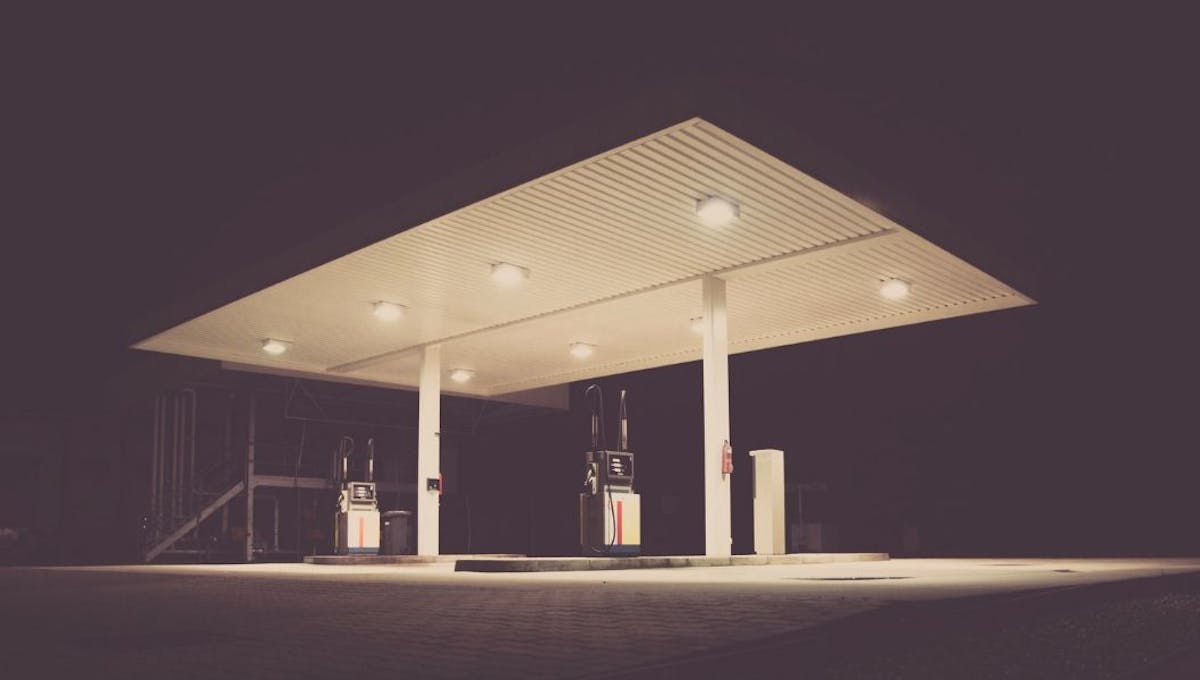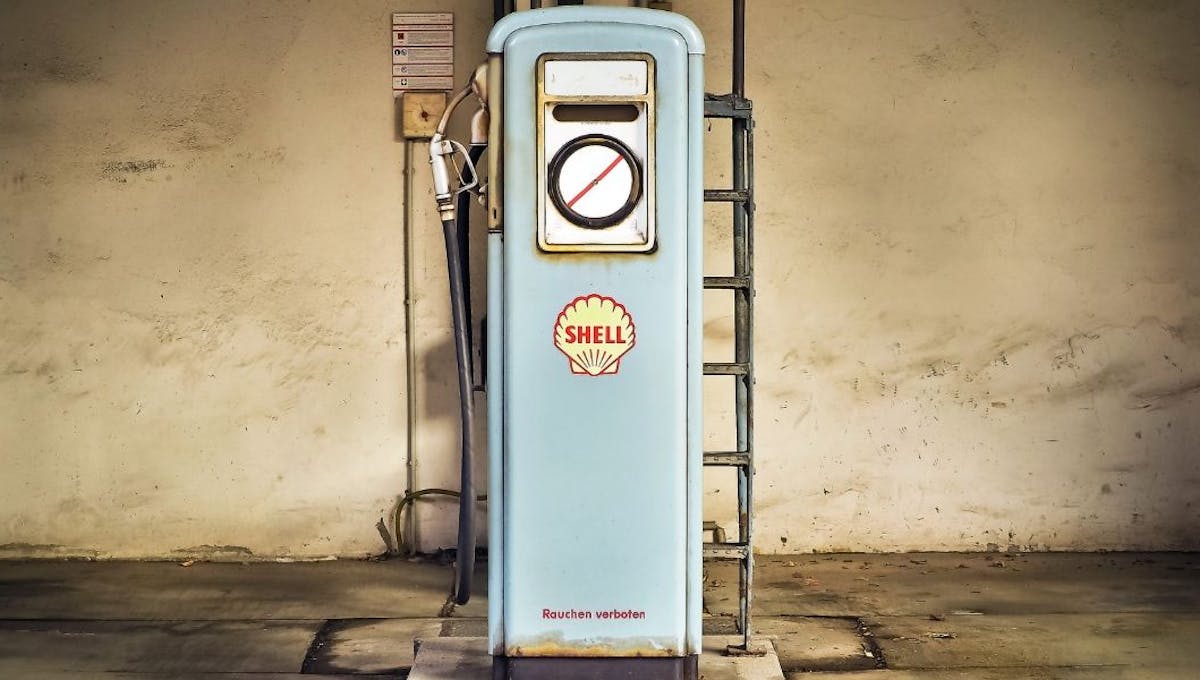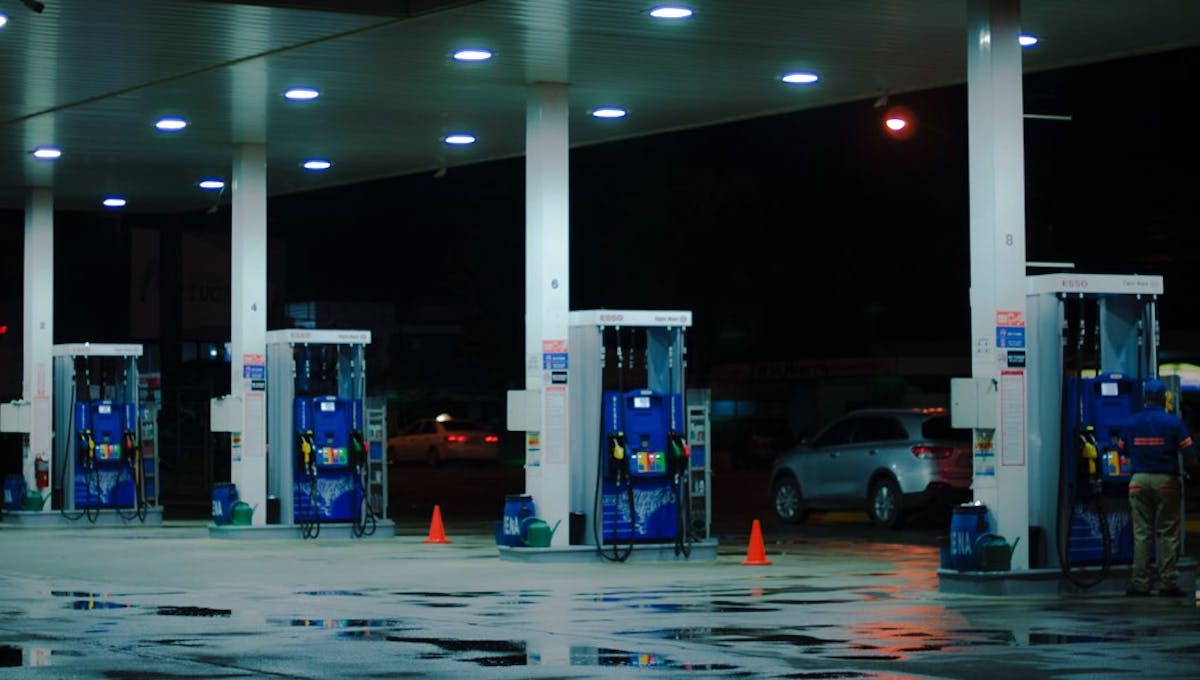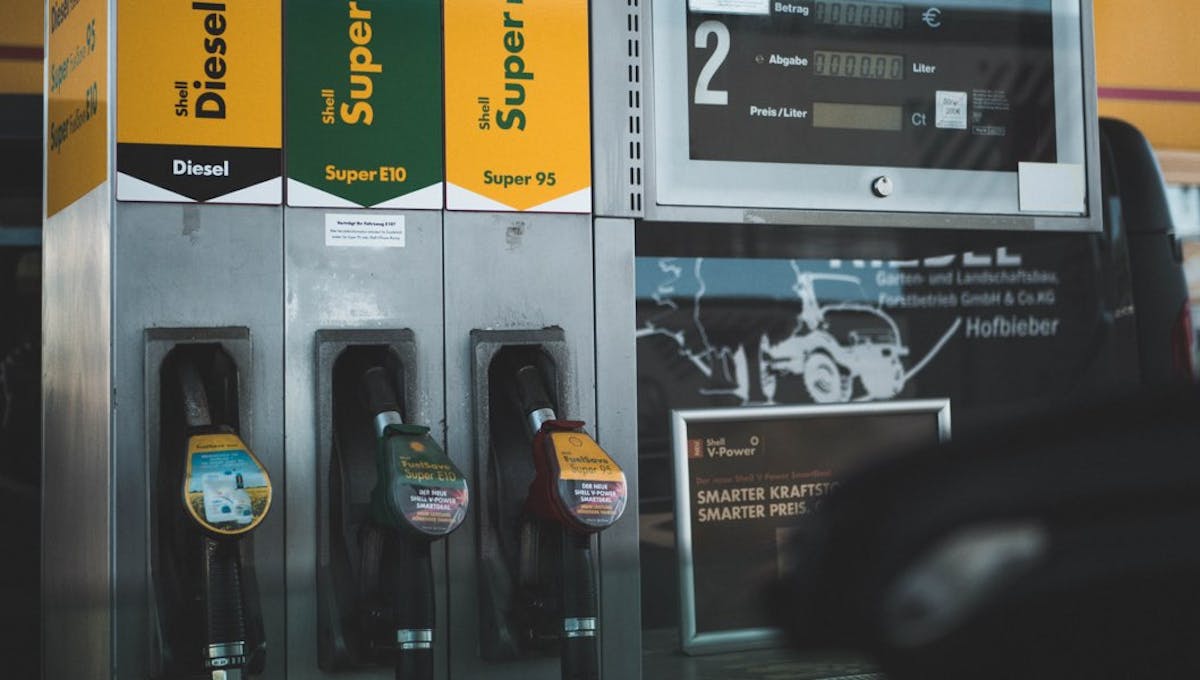Diesel vs Petrol: Which is the Best?
The choice between petrol and diesel fuel shouldn't be a snap decision - there are loads of things to take into consideration to find the best vehicle for your needs.
Fuel efficiency, your driving habits, car tax, performance, and the environment should all be on your list of things to consider.
If you’re looking for a car to keep for the long haul, diesel takes the win on affordability. It’s also best if you’re regularly taking long trips or commuting on the motorway.
Petrol is a better fit if you drive shorter distances and you’re looking for smooth and sharp responses.
But what is it that really sets the two apart?
If you're a new driver or just have no clue what differentiates the types of fuel, check out this guide and we’ll help guide you on which is better for you.

What is the difference between petrol and diesel?
Without getting too into the science of it all, petrol and diesel are both produced through roughly the same process. Diesel is a heavier, dirtier fuel with a high boiling point.
In a petrol car, spark plugs are used to ignite the fuel. When it's ignited, a piston is moved and then a series of machinery works together to propel the car forward.
In a diesel car, air is compressed inside a cylinder until the pressure combusts the fuel itself without the need to be ignited manually. This form of combustion is more powerful than a petrol engine, but it's quite hard-going on the ol' engine so diesel engines are more likely to need regular maintenance.

Diesel vs Petrol: Fuel Efficiency
When you're comparing diesel and petrol cars, you'll want to take a close look at their fuel efficiency, which you'll see from their MPG (the miles the car can do per gallon of fuel). There is a noticeable difference between the fuel efficiency of petrol and diesel cars, with diesel cars coming out on top.
NimbleFins have done some of the hard work for you and calculated these average fuel efficiency figures:
- Petrol: 36 MPG
- Diesel: 43 MPG
It's worth bearing in mind that, when you're looking at two models, the MPG figures are almost certainly calculated under perfect, pristine conditions. Manufacturers want their cars to look amazing, so they carry out these fuel consumption tests in labs with no headwinds, traffic jams, or idiots who break suddenly without warning you.
These "official figures" are to be taken with a pinch of salt, but the point still remains that diesel is more fuel efficient.
If you're keen to know how fuel efficient a car is in the real world, we recommend you check out the What Car? True MPG calculator or Honest John’s user-generated Real MPG section.
Winner for fuel efficiency: Diesel

Diesel vs Petrol: Affordability
To work out the overall affordability of car running costs for each fuel type, you need to consider: the cost of fuel, tax, depreciation, insurance and maintenance.
Fuel Prices
As of August 2021, petrol costs around 135.36p per litre, whilst diesel is slightly more expensive at 136.69p per litre. However, if you turn your attention back to the fuel economy comparison, you'll see that diesel actually ends up cheaper in the long-term.
Let's use the Kia Ceed model as an example. Say you're on the open road for about 7,000 miles per year. When we compare the cheapest petrol and cheapest diesel Kia Ceed models, the annual fuel costs would be:
- Petrol car (52.3mpg): £823.62
- Diesel car (74.3mpg): £585.44
Here, it's clear to see that diesel gives you far more bang for your buck. The engine sips on the fuel much slower than a petrol car, so it'll last you a lot longer.
However, if you barely use your car, you're not going to reap the benefits of this and you might find that the lower cost of petrol suits you better.
Tax Rates
Since 2018, diesel cars are charged harsher tax rates because, whilst they emit less CO2, they emit higher levels of other toxic gases, like nitrogen oxides. In a bid to reduce air pollution, unless your diesel car meets Euro 6 standards (like these Euro 6 cars), expect to pay higher rates.
So, how does this work on a practical level? Say your car emits 110g/km of CO2. If it's petrol, you'll pay £150 in your first year. If it's a diesel, it'll cost you £170. Doesn't seem too drastic a difference. But go further up the emissions scale to 135g/km, your petrol car will cost you £210, but a diesel will sweep up a whopping £530!
Diesel cars that don't meet RDE2 standards are heavily penalised when it comes to taxation, and the savings on your fuel costs can quickly be sucked up by your tax bill.
Depreciation
In general, diesel cars cost £1-2.5K more than their petrol equivalents. This higher price tag is stamped on them because manufacturers require extra tech to get them through their emissions testing. The cheapest Kia Ceed with a petrol engine costs £18,600, whereas the cheapest diesel costs £19,850 - a £1,250 difference.
That said, diesel cars cling more tightly to their original value after time. If resale value means a lot to you, then diesel cars are better in terms of their residual value.
Insurance and Maintenance
Earlier on we said that the combustion process is much rougher on diesel cars so they usually require more maintenance work. Since they're more likely to need work done, they're more risky to insure, so insurance costs can be steeper. On average, diesel cars can cost 10-15% more to insure.
In terms of maintenance, there is a biggy to watch out for: the diesel particulate filter (DPF).
The DPF captures exhaust soot to reduce emissions. The filter only has so much room to store the soot, so you need to burn it off by driving very fast for a period of time. This is called "regeneration". If you take regular, short journeys at low speeds, the DPF can become blocked, puffing out black smoke. This will have you fail your MOT and it's very expensive to fix - we're talking thousands of pounds!
You don't have this issue with a petrol car. The car maintenance costs with diesel cars can pretty much wipe out any fuel savings you make. If you’re not one to hit the motorway on a regular basis, you’d be at risk of racking up some serious maintenance and repair bills with a diesel car.
Overall Costs
Let's break all the expenses down and see what would be the most cost effective.
Petrol Kia Ceed
- New Purchase Price: £18,600
- First Year Tax: £150
- MPG For 7000 Miles: £823.62
- Total For 1 Year: £19,573.62
- Total For 5 Years: £23,468.1
Diesel Kia Ceed
- New Purchase Price: £19,850
- First Year Tax: £170
- MPG for 7000 Miles: £585.44
- Total for 1 Year: £20,605.44
- Total for 5 Years: £23,627
After 5 years, the diesel vehicle is slightly more expensive than petrol.
If you’re looking for a car to keep and trade in after a few years, the running costs of a petrol suit well.
In the long-term, it may be a better financial decision to go with diesel. This is, however, not accounting for any potential maintenance issues or insurance.
Winner for affordability (short-term): Petrol
Winner for affordability (long-term): Diesel

Diesel vs Petrol: Performance
"Yeah, yeah, yeah, I get the money part. Which is the better fuel for top speeds?"
The main difference between the two is that diesel cars have greater pulling power, perfect for long-hauls or motorway driving, whereas petrol cars are smoother and have sharper responses, better for city driving with stop and start traffic or on unpredictable rural roads.
Modern diesel cars have seen much improvement in recent years. Car manufacturers are closing the gap by developing new diesel cars with petrol-like responses and petrol counterparts with torque to compete with diesel.
Petrol engines are better suited for manual driving, needing revved up to hit peak performance, but diesel cars are good for automatic cars because their enhanced torque isn't designed for revving in low gears.
Winner for performance (manual city driving): Petrol
Winner for performance (automatic long-distance motorway driving): Diesel

Diesel vs Petrol: The Environment
Neither fuel type is hitting the lists of the lowest emission cars, but how do they compare when it comes to their impact on the environment?
Whilst diesel cars emit lower CO2 levels than petrol cars, they produce over 11 times more Nitrogen Oxide and Nitrogen Dioxide fumes. NOx can inflame our airways, causing respiratory disorders.
In the past, petrol had lead in it, but this too caused cancer and respiratory issues, so in 2000 it was banned. Petrol still has higher carbon dioxide emissions but has cleaned up somewhat in the past two decades. Diesel is the one that the British Government is most heavily penalising for its harmful impact on the environment and our health.
Neither of these fuels can be sustainably burned without emitting toxic fumes, so they'll both be completely banned by 2040 in the UK. In their place, we'll see low emission hybrid plug-ins and zero emission electric vehicles.
This petrol vs diesel competition will be put to bed when these electric cars roll out, but for now, it seems that petrol is the marginally cleaner fuel.
Winner: Petrol
Diesel vs Petrol: The Final Verdict
It's been a tough fight and it's still quite a mixed answer to our petrol or diesel dilemma.
Short-term, a diesel car is going to cost you more. Diesel fuel is pricier, tax is higher, and insurance and maintenance costs are bigger. Only when you use your car for long-haul journeys will you benefit from its higher MPG, which will save you fuel money over time.
Diesel cars also hold onto their original value more than petrol cars, so if you're looking for something with a semi-decent resale value, diesel is your fuel.
It also depends on what you're looking for in terms of performance. If you take to the motorway on a frequent basis, a diesel car is much better suited to you, but if you tend to take sporadic trips to the supermarket, you should opt for a petrol.
And if you're suffering from a bit of climate anxiety, petrol is the safer option of the two.
Now you've read all of this - what will your next car be?
If diesel seems a better option for you, see our list of the best diesel cars and our diesel car lease deals.
If petrol makes more sense, check out our best petrol cars in the UK and petrol car lease deals to see what’s out there.


